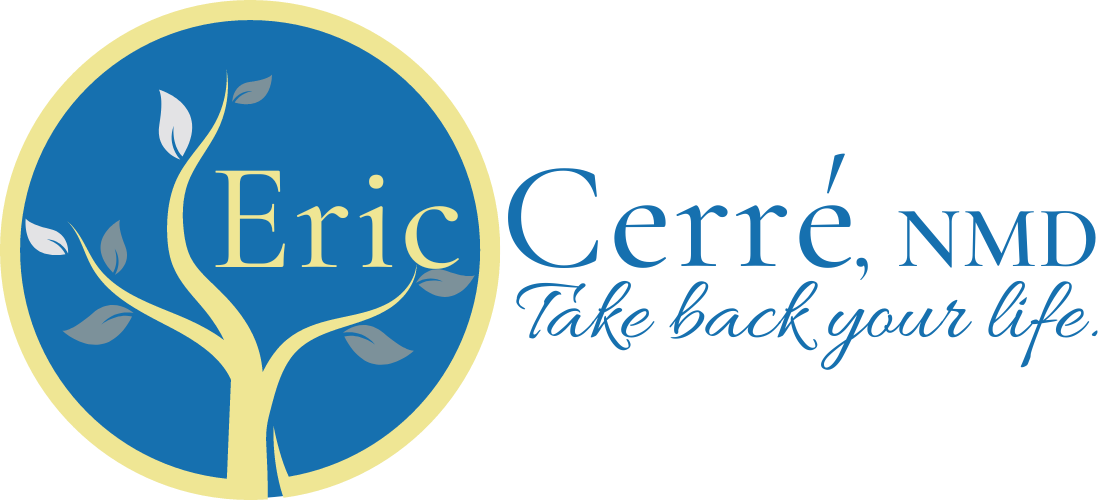Carpal Tunnel Syndrome & Shoulder Pain: Why Does It Get Worse at Night?
The Wrist/Shoulder Connection
Do you experience shoulder pain that seems to get worse when sleeping? Carpal Tunnel Syndrome could be the cause.
Carpal Tunnel Syndrome (CTS) is a condition that causes numbness, tingling, pain, and weakness in the hand. The symptoms can also spread to the arms and shoulders, causing pain in the shoulder blade and limiting shoulder mobility. Interestingly, shoulder pain caused by CTS tends to intensify at night and lessen during the day.
Here is an overview of why shoulder pain caused by CTS intensifies at night. You will also learn simple solutions to manage your shoulder pain temporarily when sleeping.
The Link between Carpal Tunnel Syndrome & Shoulder Pain
Carpal Tunnel Syndrome is caused by placing excessive pressure on the median nerve in the wrist. The condition usually begins in the hands, mostly affecting the palms and fingers. However, the symptoms can spread to the upper arm and shoulders, causing pain and immobility.
Should pain caused by the CTS usually affects the shoulder blade, neck, and upper arm. The condition progresses in three stages:
Stage 1: Freezing
The shoulder starts becoming stiff and experiencing progressive pain that becomes more intense over time. These symptoms can last for between six weeks and nine months.
Stage 2: Frozen
Shoulder pain begins subsiding gradually while stiffness increases. These symptoms can last for between four and six months.
Stage 3: Thawing
Stiffness begins subsiding, and mobility returns slowly. Full recovery can take between six months and two years.
Pain, stiffness, and limited mobility are the main symptoms of shoulder pain caused by CTS. Notably, the condition can last for more than two years without treatment, during which natural recovery may occur.
Why Does CTS Shoulder Pain Intensify at Night?
Interestingly, shoulder pain caused by CTS tends to become more intense at night (generally when sleeping). Researchers have linked this phenomenon to patients’ sleeping positions.
Shoulder pain caused by CTS becomes worse when sleeping for two reasons:
Lack of mobility.
Body posture and position.
How you position your wrists and arms when sleeping can affect CTS symptoms, including shoulder pain. Certain sleeping positions can cause the arm’s tissue fluids to redistribute and accumulate. The accumulated tissue fluid increases the pressure on your median nerve, making the shoulder pain and other symptoms more intense.
Lack of mobility during sleeping can also compound fluid accumulation. Ideally, moving the arms (active muscle pump) causes the tissue fluid to disperse and distribute properly, relieving some of the pressure on the median nerve.
Tips to Manage & Treat CTS Shoulder Pain
Shoulder pain caused by CTS can be intense, causing great discomfort. Freezing and lack of mobility can also limit your everyday activities. Fortunately, the pain is manageable and treatable.
Recommended Sleeping Positions
Adopting healthy sleeping positions is the best and fastest way to manage CTS shoulder pain when sleeping. Overall, it is recommended to avoid sleeping on your stomach or in a fetal position – these positions can compress the nerves in your elbows, upper arms, and wrists, making the symptoms worse.
Doctors recommend sleeping on your back with your arms spread out straight and legs slightly elevated. You can also sleep on your side, but it is advisable to hug a pillow to support your arms.
Medical & Therapeutic Treatment
The most effective medical treatments for CTS and related symptoms (including shoulder pain) include:
Braces
Wearing a brace or splint on the wrists helps keep them in a straight and neutral position when sleeping to prevent nerve compression and irritation. You can also wear braces during the day when working.
Therapy
Physical and chiropractic therapies are the most effective non-invasive treatments for CTS. It involves engaging in certain physical activities and applying physical pressure on the wrists, arms, and shoulders to relieve the pressure on the median nerve and distribute the accumulated tissue fluid.
Medications
Pain relief medicine and steroid injections can also help ease the pain, albeit temporarily.
Surgery
Surgery is the fastest and most effective treatment for CTS and its related symptoms, including shoulder pain. However, surgical treatment is usually recommended only for severe CTS.
Your doctor will recommend the best treatment option based on the condition’s overall severity. Alternatively, you can wait for about three years for natural recovery to occur.
You Can Get Professional Help
Shoulder pain caused by Carpal Tunnel Syndrome can be uncomfortable and inconvenient, limiting your ability to work and perform other everyday chores.
Fortunately, the condition is manageable and treatable, and Dr. Cerré can help. Get in touch to learn more about our treatment options, or download our patient form.

